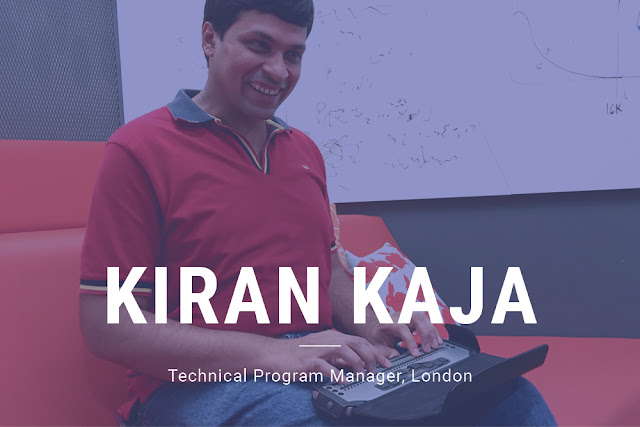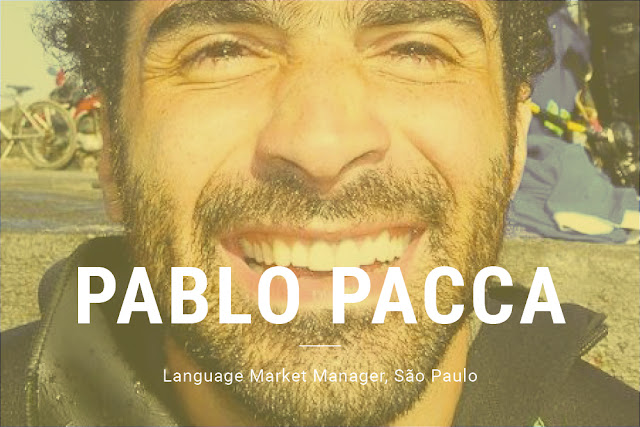But unlike many other global pandemics, the spread of Zika has been harder to identify, map and contain. It’s believed that 4 in 5 people with the virus don’t show any symptoms, and the primary transmitter for the disease, the Aedes mosquito species, is both widespread and challenging to eliminate. That means that fighting Zika requires raising awareness on how people can protect themselves, as well as supporting organizations who can help drive the development of rapid diagnostics and vaccines. We also have to find better ways to visualize the threat so that public health officials and NGO’s can support communities at risk.
As a company whose mission is helping people find information, with a lot of experience in analyzing large sets of data, we’re in a good position to help—at scale and at speed. So today we have Google engineers working with UNICEF to analyze data to determine how to map and anticipate the virus. We’ve also made some updates to our products to make Zika information more accessible, and we’re providing UNICEF with a $1 million grant to help their efforts on the ground.
Mapping information to help with prevention
A volunteer team of Google engineers, designers, and data scientists is helping UNICEF build a platform to process data from different sources (i.e., weather and travel patterns) in order to visualize potential outbreaks. Ultimately, the goal of this open source platform is to identify the risk of Zika transmission for different regions and help UNICEF, governments and NGO’s decide how and where to focus their time and resources. This set of tools is being prototyped for the Zika response, but will also be applicable to future emergencies.
Google software engineers John Li and Zora Tung with UNICEF research scientist Manuel Garcia Herranz and UX designer Tanya Bhandari working on the open source data platform.
Supporting UNICEF’s efforts to combat Zika
Our $1 million grant will be used by UNICEF to raise widespread awareness, reduce mosquito populations, support the development of diagnostics and vaccines, and work with communities and governments to prevent Zika transmission. The organization expects to reach 200 million affected or vulnerable people in Brazil and throughout Latin America with these efforts.
© UNICEF/Ueslei Marcelino2016. A mother holds her 4-month old baby born with microcephaly in Recife, Brazil. "When I left the hospital, they already had another 7 children with the same situation," she shared with UNICEF.
We’ve also launched a matching campaign for Google employees, aimed at providing an additional $500,000 to UNICEF and the Pan American Health Organization (PAHO) to support their work on the ground.
Making Zika virus information accessible
We already include robust information for 900+ health conditions directly on Search for people in the U.S. We’ve now also added extensive information about Zika globally in 16 languages, with an overview of the virus, symptom information, and Public Health Alerts from that can be updated with new information as it becomes available.
We’re also working with popular YouTube creators across Latin America, including Sesame Street and Brazilian physician Drauzio Varella, to raise awareness about Zika prevention via their channels.
We hope these efforts are helpful in fighting this new public health emergency, and we will continue to do our part to help combat this outbreak.
And if you’re curious about what that 3,000 percent search increase looks like, take a look:












